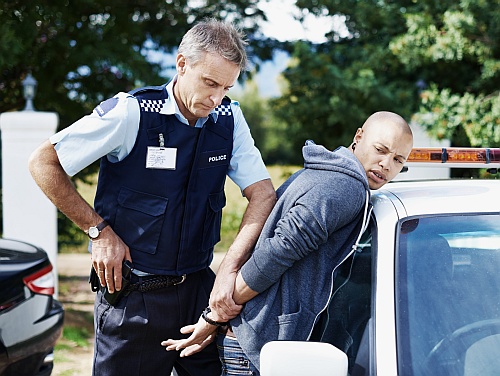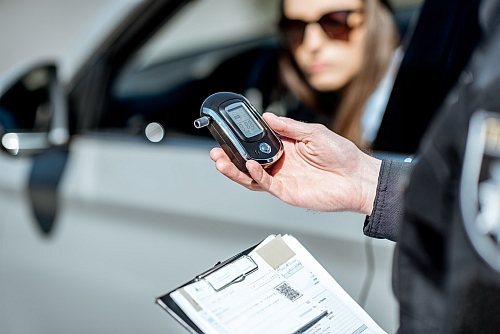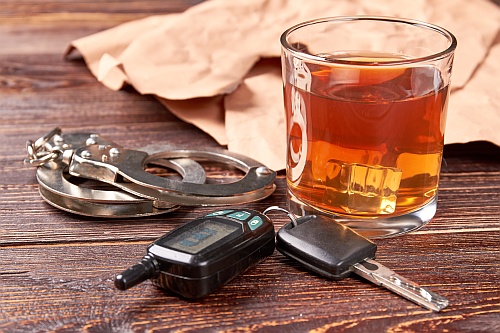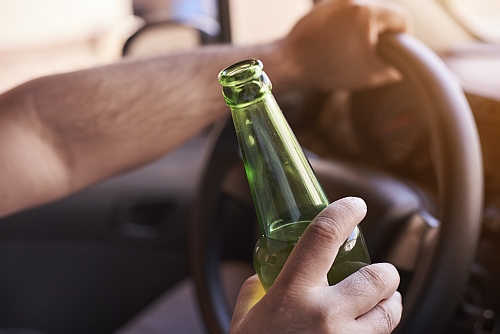- August 5, 2021
- DUI
DUI in Charleston, SC, is a grave offense. Once it goes on the record that you’ve been charged, it acts as the ground for termination of employment in most companies. You even lose all respect in your society. If you’re a divorced or single parent, that could make you lose custody of kids. The law is pretty strict when it comes to DUI offenses, and there’s not much you can do once a court finds you guilty. So, if you don’t want your life to turn upside down, you have got to make sure that you’re not going to be found guilty.
What Is a DUI?
DUI is an acronym for “Driving under the Influence.” You are charged with a DUI in Charleston if any police officer finds you to be driving any motor vehicle under the influence of alcohol or any other intoxicating substance. This is the more serious of the two charges you can be charged with for being intoxicated while driving. The other charge is DWI. This is short for “Driving while impaired.” In some states, it can also mean “Driving while Intoxicated.” In general, both are pretty serious charges, but the DUI has the upper hand. However, the term usually referenced in Charleston, South Carolina, is a DUI.
What Is a DUI Classified As?
The first, second, and third counts of a DUI in Charleston are classified as misdemeanors and carry anywhere between $400 and $10,000 in fines while also leaving you at the judge’s wisdom to have anywhere from 48 hours to 5 years in jail term imposed on you. A DUI also includes a minimum of 6 months to a maximum four-year license suspension period that depends on the seriousness of the charges against you.
However, a fourth and subsequent charge of DUI in Charleston is classified as a felony. It carries a one to a seven-year prison term and a permanent license suspension immediately after the fourth time you are charged under a DUI in Charleston as per the DMV rules in the state.
How Can You Be Charged Under a DUI in Charleston?
Usually, in Charleston, SC, police place roadblocks to halt vehicles and check their drivers. While most states have outlawed this practice, South Carolina has not. However, higher courts have several guidelines that need to be followed before setting up any roadblocks.
The police need to show reasonable requirements such as high accidents in an area backed by statistics or get a court warrant for the same. Usually, warrants are not given for roadblocks. Hence police use traffic statistics to place roadblocks.
They are also required by the law to check every vehicle to make sure there is no discretion. And they are court bound not to make the experience too time-consuming. The police also have to keep all records of the roadblock for future reference and have a supervisor monitoring the situation for as long as the roadblock is kept.
It is also required that they announce to the general public about the roadblock in advance. If you can argue and prove to court if any of these criteria have not been met, you have a good chance of having your entire case thrown away.
The Method of Investigation to Charge You With A DUI
During a roadblock, an officer will come to you and ask for your driver’s license, proof of insurance, and registration of the vehicle that you are traveling. During this examination, if the officer finds any facts that support a suspicion of a possible DUI, they can suspend you for some time to investigate further.
Usually, the facts that support their suspicion are bloodshot eyes, visible open containers of alcohol, slurred speech, among other things. You should be fine as long as you don’t have any such traits.
Records of DUI
All DUI charges, both convicted and pending, are public records and quickly come up in background checks. This makes it extremely difficult to find any job in the state, let alone Charleston. Also, it significantly increases your insurance amount and leads to a pretty bad reputation in society. Keeping all this in mind, it is best to make sure you are never charged with a DUI in the first place.
Records of DUI in Charleston, SC remain on your record forever. However, for a conviction for a second count or more, only charges in the last ten years can be introduced in courts for sentence.







